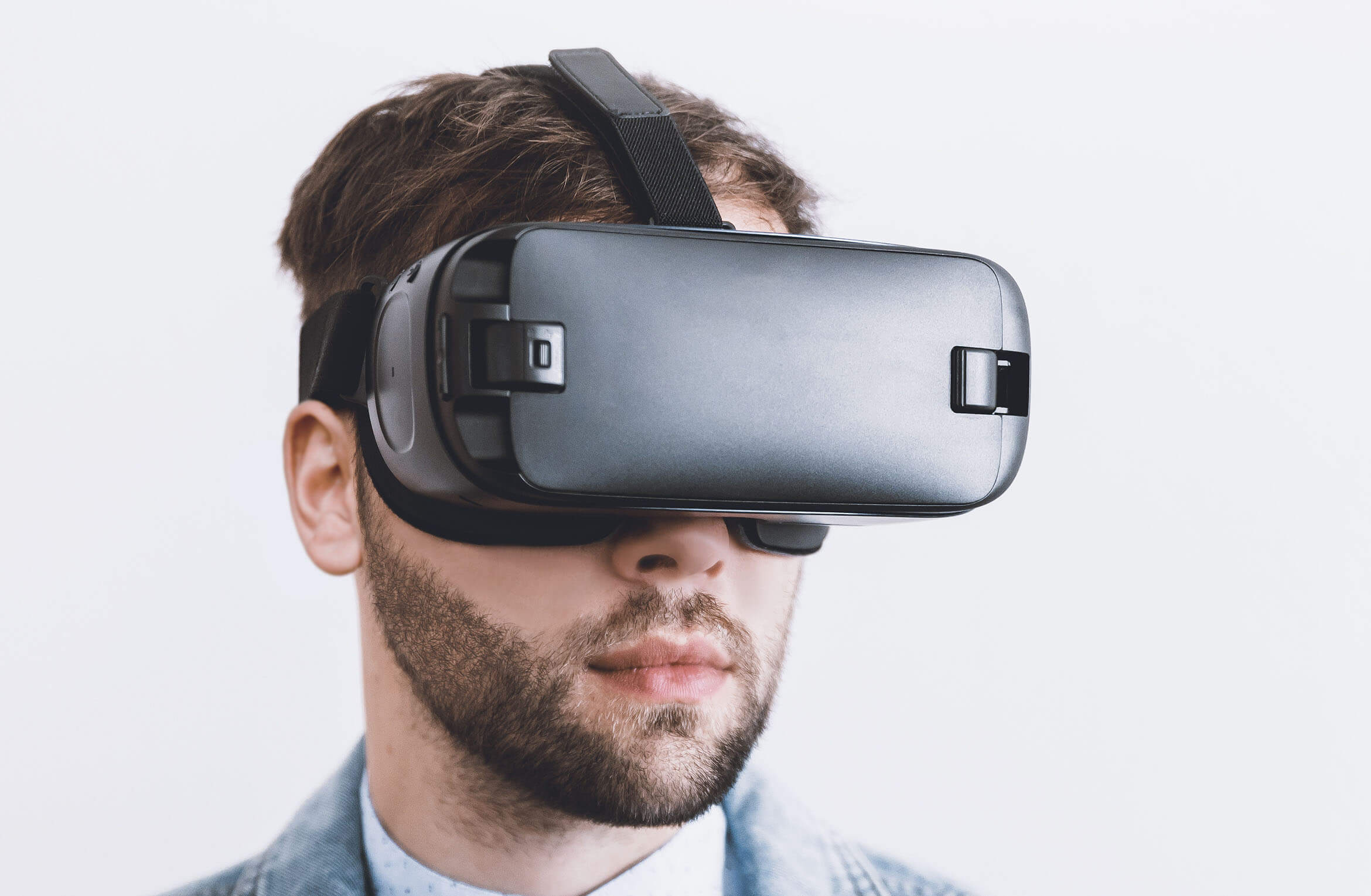
A recent study found evidence that experiencing embodiment through virtual reality (VR) influences later conformity on a Milgram obedience scenario. The findings were published in Scientific Reports.
Group pressure has been found to incite people towards harmful acts that they would not otherwise carry out. Study authors Solène Neyret and colleagues wanted to explore whether embodiment through VR can subdue this tendency to conform to group pressure. Specifically, researchers wanted to see whether men who partake in a VR experience as a female victim of sexual harassment will be less likely to yield to group pressure on a VR variation of the Milgram paradigm a week later.
The experiment involved 60 male subjects, with an average age of 24. First, 40 subjects took part in a VR bar scenario where they embodied a male character amongst a group of other men that persistently harassed a lone woman by aggressively asking her to join their table. Next, the subjects were split into one of two conditions — to relive the VR bar scenario as another man in the group (Group condition), or to relive the scenario as the woman being harassed (Woman condition). A control group of 20 subjects experienced a VR scenario in the same bar but without any events.
One week later, all subjects took part in a VR variation of the Milgram experiment. As in the original Milgram paradigm, the virtual scenario was disguised as a memory learning experiment, where participants were asked to administer electric shocks to a stranger for every wrong answer they gave. Importantly, in the current study, the subjects were coaxed along by three virtual characters who were identical to the men from the virtual bar scenario they had witnessed the week prior, and the character being shocked was a female avatar. Participants were repeatedly urged by the male characters to continue administering shocks of increasing severity, despite the female character’s pleas to stop.
Results showed that the number of shocks participants gave varied depending on the embodiment condition in the VR bar scenario. Of those who experienced the VR scenario only from the male perspective, 14 delivered a high number of shocks (more than 12 shocks). Of those who experienced the additional perspective of the female being harassed, only 7 administered more than 12 shocks. The results from control subjects fell somewhere in between.
The researchers offer several theories for why those in the Woman condition administered fewer shocks. As they explain, “obedience in the context of the Milgram Obedience experiments can be explained as identification-based ‘followership’, where participants identify with the goals of the experimenter rather than simply obey. In our experiment . . . those in the Woman condition were more likely to have identified with the Learner, whereas those in the Group condition more likely to have identified with the male experimenters.”
Those who had experienced the harassment as the female victim, likely felt psychologically closer to the woman receiving the shocks — having experienced being verbally attacked by men with the same appearance and voices the week earlier.
The researchers caution that these findings are “double-edged.” On a positive note, experiencing the scenario as the female victim decreased the number of shocks delivered during the Milgram paradigm, compared to the control condition. On a darker note, experiencing the scenario as another man in the group actually increased the number of shocks given compared to the control condition, a result the researchers had not anticipated. The authors note that, “the same technology that can be used for beneficial purposes can also be used for negative purposes, with equal effect.”
The study, “An Embodied Perspective as a Victim of Sexual Harassment in Virtual Reality Reduces Action Conformity in a Later Milgram Obedience Scenario”, was authored by Solène Neyret, Xavi Navarro, Alejandro Beacco, Ramon Oliva, Pierre Bourdin, Jose Valenzuela, Itxaso Barberia, and Mel Slater.
(Image by Jan Vašek from Pixabay)
"later" - Google News
August 26, 2020 at 06:07PM
https://ift.tt/3jgSWfv
A virtual reality experience can weaken later conformity on a Milgram Obedience experiment - PsyPost
"later" - Google News
https://ift.tt/2KR2wq4
Bagikan Berita Ini














0 Response to "A virtual reality experience can weaken later conformity on a Milgram Obedience experiment - PsyPost"
Post a Comment